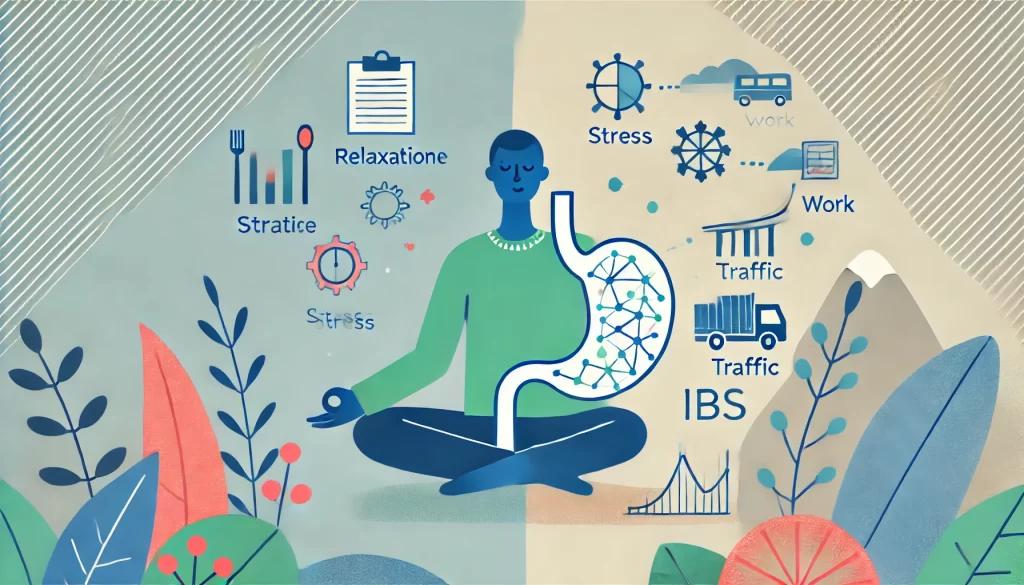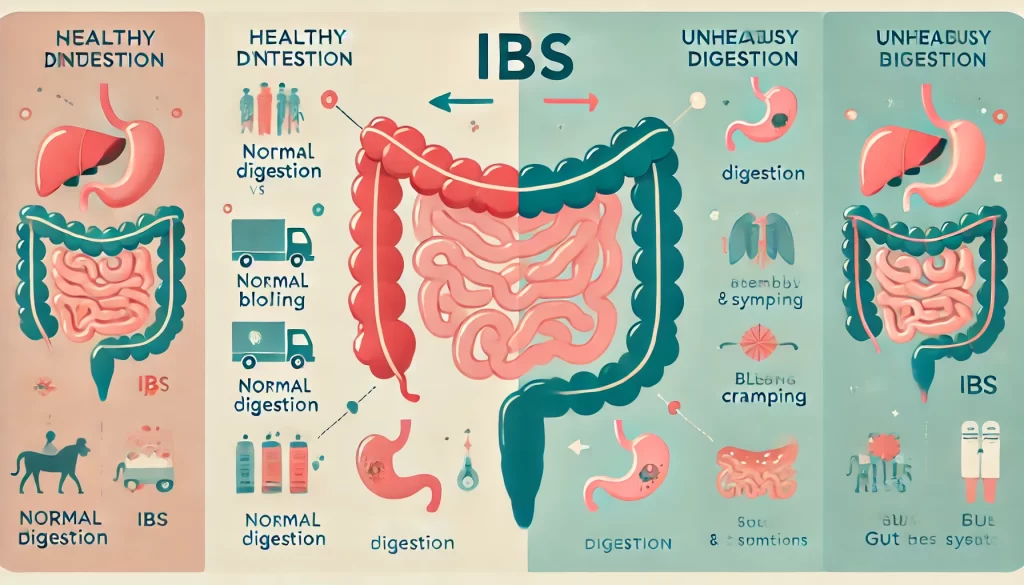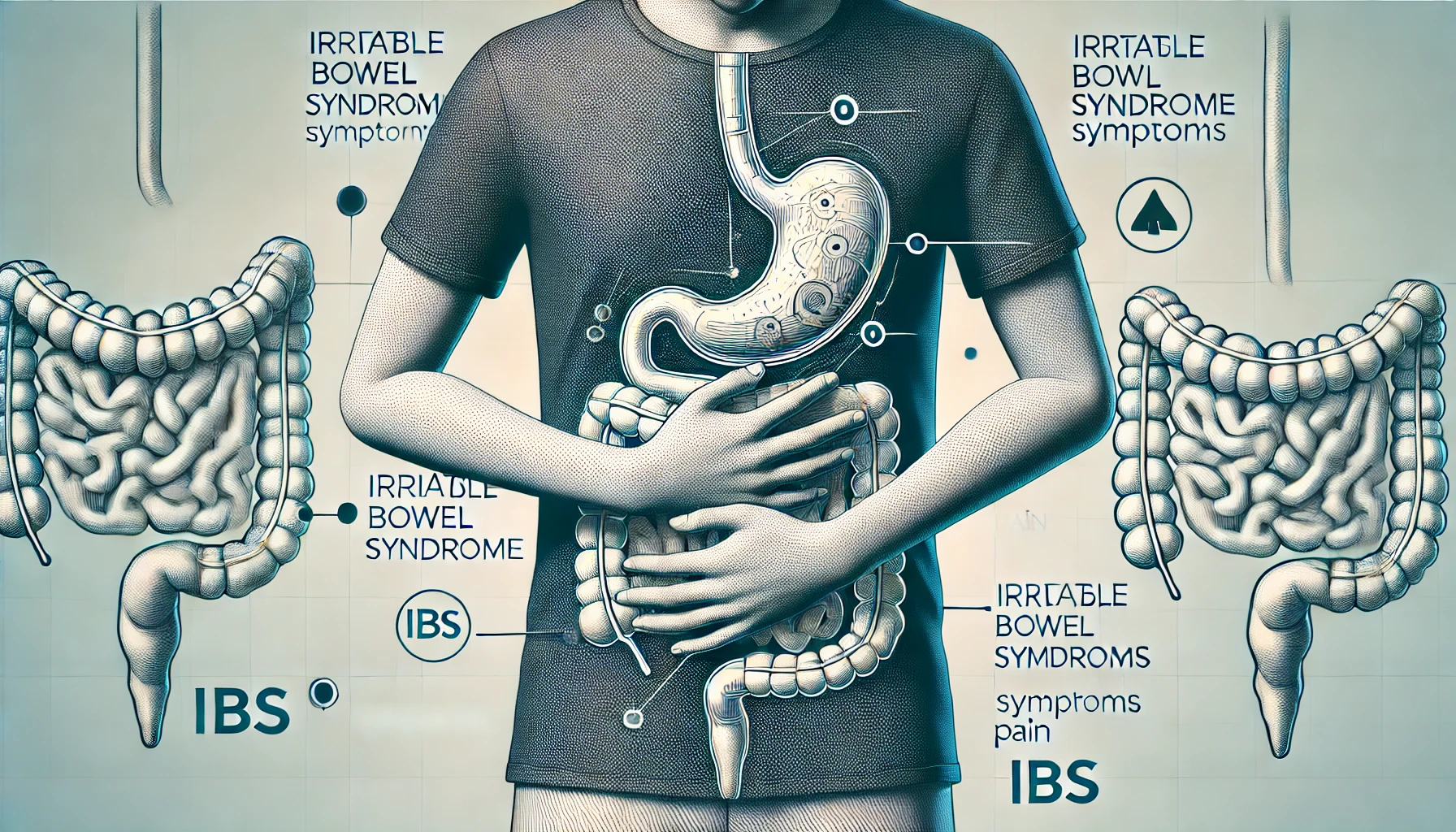How Long Does IBS Last? Discover the Unexpected Truth!
Table of Contents
How Long Does IBS Last? Irritable Bowel Syndrome (IBS) is a prevalent digestive disorder that affects millions globally. If you’re struggling with IBS, you might find yourself asking, “How long does IBS last?” You can better control your IBS and enhance your quality of life by being aware of how long the symptoms last. This article will delve into the length of IBS symptoms, factors influencing their duration, and practical ways to find relief.
What is IBS?

Understanding IBS
Irritable Bowel Syndrome (IBS) is a chronic digestive condition that impacts the large intestine. It is characterized by symptoms such as abdominal pain, bloating, gas, and alterations in bowel habits, which can include diarrhea, constipation, or both. Although IBS doesn’t cause lasting harm to the intestines, its symptoms can be distressing and significantly affect daily life.
Common Symptoms of IBS
The symptoms of IBS are pretty varied but typically include:
- Abdominal pain or cramping
- Bloating and excess gas
- Diarrhea, constipation, or a combination of both
- Changes in bowel movements
Given the variability in symptoms, many individuals find themselves asking, “How long does IBS last?” Comprehending the average duration of IBS symptoms is essential for efficient handling.
How Long Does IBS Last?

Duration of IBS Symptoms
How long does IBS last? The duration of IBS symptoms can vary greatly. Some people experience symptoms for only a few days, while others may deal with them for months or years. IBS is a chronic condition with symptoms that can fluctuate in intensity. It’s important to remember that IBS can be a long-term condition, and its duration can be unpredictable.
Factors Influencing IBS Duration
Several factors can influence the length and severity of IBS symptoms:
- Diet: Certain foods can trigger IBS symptoms. Identifying these triggers and adjusting your diet can help manage and potentially reduce symptom duration. Common triggers include fatty foods, dairy products, and foods high in sugar.
- Stress: Emotional and psychological stress often exacerbates IBS symptoms. Managing stress through techniques such as meditation, exercise, or therapy can have a significant impact on how long IBS symptoms last.
- Lifestyle: Inadequate sleep and lack of physical activity can worsen IBS. Adopting a healthier lifestyle, including regular exercise and good sleep hygiene, can help manage symptoms more effectively.
Managing IBS Symptoms
Dietary Changes
Adjusting your diet is one of the most effective ways to manage IBS. The Low FODMAP Diet is a popular approach that reduces foods high in fermentable oligosaccharides, disaccharides, monosaccharides, and polyols. This diet can help reduce symptoms by identifying and eliminating foods that trigger IBS. Working with a dietitian can help you tailor this diet to your needs.
Stress Management
Since stress can significantly affect the duration of IBS symptoms, finding effective ways to manage stress is crucial. Techniques such as:
- Mindfulness Meditation: Relieves tension and helps to quiet the mind.
- Regular Exercise: Stress reduction and better digestion are two benefits of exercise.
- Counseling: Therapy or counseling can help you address emotional issues that may be contributing to your IBS symptoms.
Medication and Supplements
In some cases, medications and supplements can help manage IBS symptoms. Options include:
- Over-the-Counter Medications: Anti-diarrheal drugs or laxatives can provide relief based on your symptoms.
- Prescription Medications: Your doctor might prescribe medications specifically designed to treat IBS.
- Probiotics: Some people relieve IBS symptoms by taking probiotics, which help balance gut bacteria.
Lifestyle Adjustments
Changing particular lifestyle habits can also aid in the management of IBS symptoms:
- Regular Meals: Eating small, regular meals can help prevent IBS flare-ups.
- Hydration: Drinking plenty of water can aid digestion and reduce symptoms.
- Avoiding Triggers: Keeping a food diary to track what you eat and how it affects your symptoms can help you avoid triggers.
Also Read: How Many Calories Can You Burn Swimming? Discover the Magic!
Living with IBS
Coping Strategies
Living with IBS involves developing coping strategies to handle symptoms effectively. Support groups and online communities can provide valuable support and practical advice from others who experience similar challenges.
Seeking Professional Help
If your IBS symptoms are severe or persistent, it’s essential to seek professional help. A healthcare provider can work with you to develop a personalized treatment plan and help you understand how long does IBS last in your case.
Understanding how long does IBS last can help you manage your condition more effectively. While IBS is a chronic condition with varying symptoms, making dietary changes, managing stress, and adopting a healthier lifestyle can significantly impact how long your symptoms last. By exploring these strategies and seeking professional help, you can improve your quality of life and find relief from IBS.
If you’re struggling with IBS, remember that you’re not alone. With the right approach and support, you can manage your symptoms and gain a better understanding of how long does IBS last for you.



